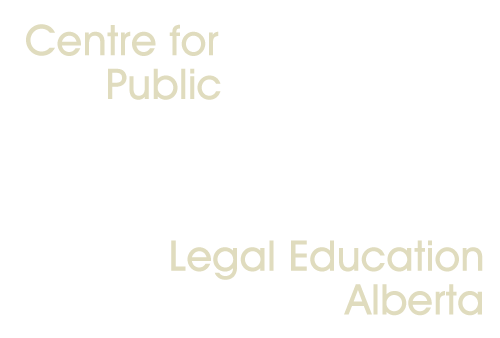If a tenant suspects that the landlord is in financial trouble and at risk of losing their home, then the tenant can:
- talk to the landlord;
- run a search at the Court of King’s Bench to find out if there is a lawsuit against the landlord. There is a fee for this service. The tenant will need to know the property owner’s name. They can find this information in the lease or the Notice of Landlord; or
- conduct a title search on the property. Some lawyers register a “Certificate of Lis Pendens” (which means a certificate of a pending lawsuit) on the title to the property when there is a dispute involving land. An Alberta Registry Agent can conduct this search for a fee.
None of these methods guarantee that the tenant will find out about a foreclosure. In fact, a tenant might not find out until they are served with a court order.
For further information on this particular topic, we have a free on-line publication called “Foreclosure for Landlords and Tenants” .
Foreclosures are a complicated area of the law. You should contact a lawyer to receive more information and advice on how to proceed. Here is some information on where to find help.
November 2023

